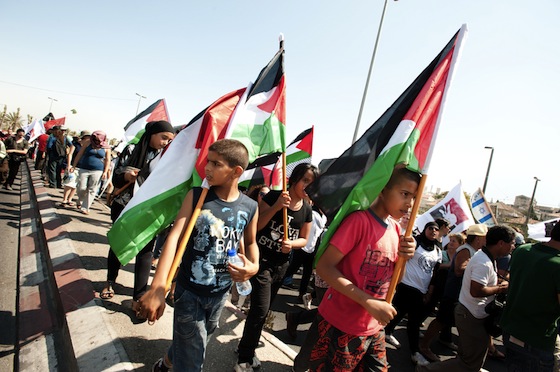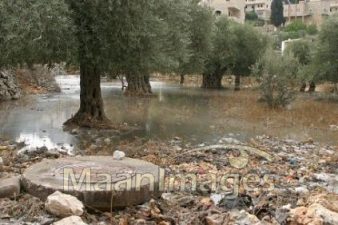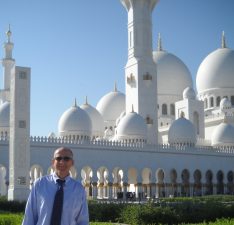 Palestinians want to be more energy independent but will Israeli authorities, which are currently threatening the demolition of solar plants in the West Bank, allow them to be?
Palestinians want to be more energy independent but will Israeli authorities, which are currently threatening the demolition of solar plants in the West Bank, allow them to be?
In light of the Israeli environment minister’s proposal to cut Gaza’s electricity if supplies are running low, it makes perfect sense for Palestinian explore their own energy possibilities. As it stands Palestinians are almost entirely dependent on Israel for electricity and that is not a comfortable place to be for any nation. Indeed, these damning findings convinced investor Hanna Siniora [member of the Palestine National Council and the chairperson of the Palestinian-American Chamber of Commerce] and economist Iskandar Najjar [Professor Emeritus at Al-Quds University] to establish a solar energy project near Jericho.
Palestinians consume about 1,000 megawatts of electricity – 700 in the West Bank and 300 in Gaza. Israel consumes roughly 12,000 megawatts. In the Gaza Strip, a local power station provides 40% percent of the electricity needed and Palestinians buy electricity in small levels from Egypt and Jordan. However, but this doesn’t change their dependence on Israel. Siniora and Najjar developed contacts with American and European investors and hope to launch the project near Jericho in 2013.
“We want to lower as much as possible our dependence on Israel, because we won’t be able to reach a reasonable level of national security if Israel can, at any point, disconnect our electricity, and even harm the power plant in Gaza, as it did in 2006 as punishment for the abduction of Gilad Shalit,” says Siniora to Al-Monitor.com.
Whilst Palestinians are dependent on Israel for the development of their gas reserves, that is not the case for solar energy. Siniora says, laughing: “You can’t set up checkpoints between us and the sun.” For now, Siniora, Najjar and their investors have rented about 100 dunam (24.7 acres) for 25 years in the Jordan Valley near Jericho and Ouja, in Palestinian-controlled Area A. They will only be able to produce five megawatts in the first stage. The project leaders are also looking for financial support from Israel and the Palestinian Authority.
As this proposed project will be based in Area A, there is little risk that the project will face demolition threats like the solar projects in (Israeli-controlled) Area C of the West Bank have faced.
However, questions regarding the future survival of the small solar plants providing marginalised Palestinian communities in Area C with clean energy remains. Is Israel serious about allowing Palestinians to be energy independent or are they only willing to loosen their grip in ways that ignore the on-going occupation in the West Bank?
: Image of Palestinian children via Ryan Rodrick Beiler / Shutterstock.com
For more on energy and Palestine see:
The Jordan Valley’s Water and Land Under Occupation
Battle to Save Solar In Remote Palestinian Villages
Israeli Environment Minister Proposes Cuts to Gaza Electricity to Bridge Shortfalls




This article is 5% fact — of a possible project — and 95% polemic by Hanna Siniora, a Palestine National Council spokesman. Blaming Israel Ad infinitum instead of owning up to the waste and corruption that prevents progressive infrastructure and economic development within the PA. Readers may find it interesting to read this: “Chronic Kleptocracy: Corruption Within the Palestinian Political Establishment”
http://foreignaffairs.house.gov/112/HHRG-112-FA13-WState-AbramsE-20120710.pdf